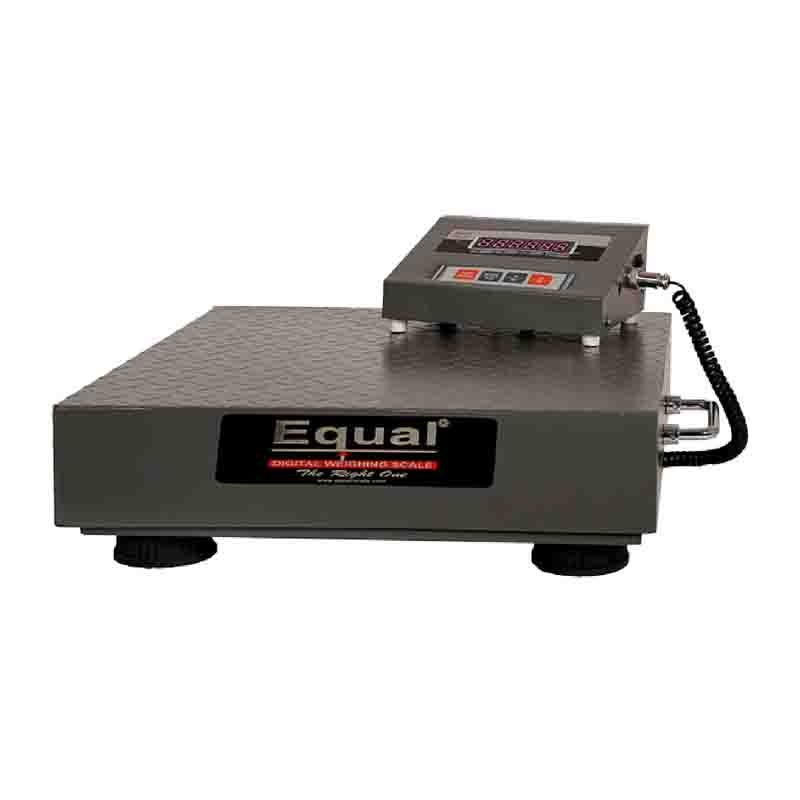Factors That Can Affect the Accuracy Of Weighing Scale
There are mainly three factors that affect the accuracy of the weighing scale. If you find any inaccuracy in your weighing machine, you should take these factors into consideration and make adjustment accordingly. For additional information you have you contact your weighing system provider.
1. Environment
There is a number of environmental factors that can affect the accuracy of scale by adding more force to the applied load and load cell:
Wind: Outdoor and even some indoor systems can be affected by air. A sensitive indoor weighing system could be affected by air created by AC or air ducting etc.
Shock: Dumping heavy product or material suddenly on a weighing scale can put more force than the maximum capacity and can also damage the system or the load cells.
Vibration: Sensitive load cells can interpret vibrations from nearby equipment as additional force and can result in an incorrect result.
Pressure: Weighing scale can lead to result inaccurately if the pressure of the operating environment is different from the calibration environment.
2. Load Cell Accuracy
The load cell is a major weighing component of all weighing scales and a malfunctioning load cell can result in inaccurate weights.
In order to understand load cell functionality and its impact on weighing machine, there is a numerous performance parameter that you should be familiar with:
Nonlinearity: The maximum deviation of a load cell’s calibration from a straight line, listed between zero-weight and maximum capacity.
Hysteresis: The difference in outputs when the same load is applied two times.
Creep: The change in weight when a load is left stationary for a long time.
Temperature: If the load cell exposes it to significant temperature variations, its accuracy can be affected.
Response Time: The time taken by load cell to settle and to give an accurate reading. Response time is a major cause for errors if the load cell is repeatedly used for weighing process with little time between weights.
3. Interference
Load cells work by sending an electrical signal that is further processed by a controller, which then sends outputs to the result display as the measured weight. Any interference to the electrical signal at any point can lead to an inaccurate result.
RFI & EMI: They can create ‘noise’ or additional input signals that can cause the controller to show incorrect output.
Moisture: Cables can absorb moisture and condensation, causes the electrical output to get coupled with the input signal. This creates extra interference in the signals.
Temperature: Cable resistance increases with rising in temperature and causes the voltage to drop, which results in the controller displaying wrong results than the load cell generated.
To know more about top weighing scale manufacture, write us down or follow us socially for regular updates.

Comments
Post a Comment